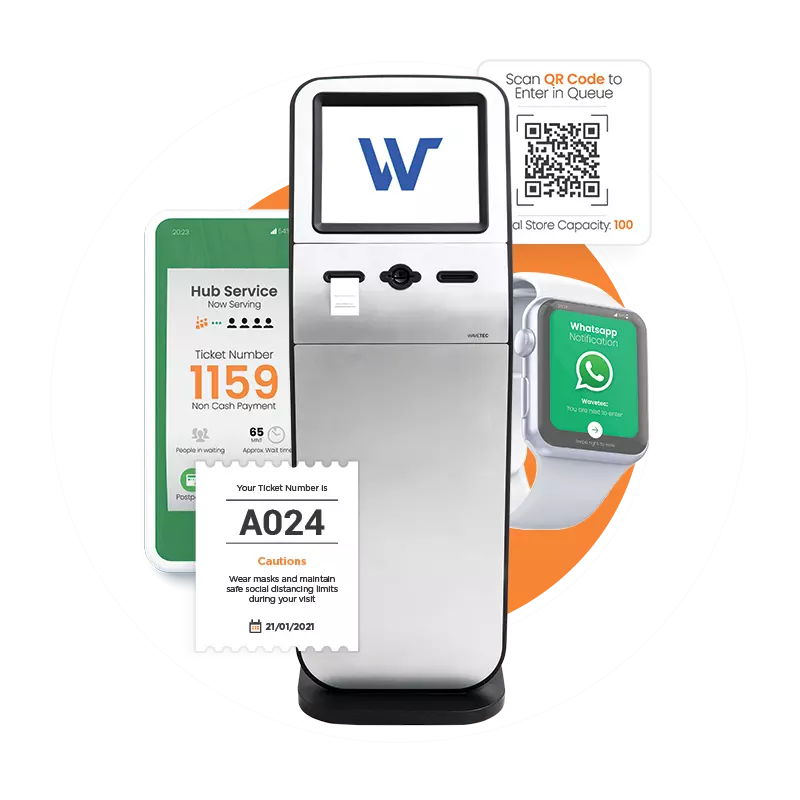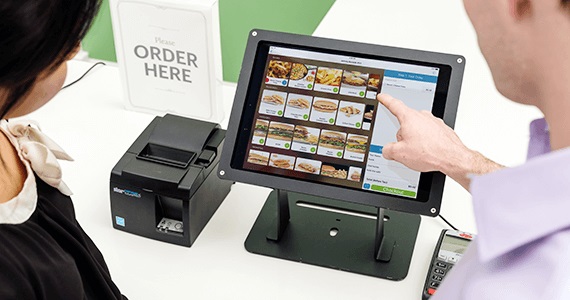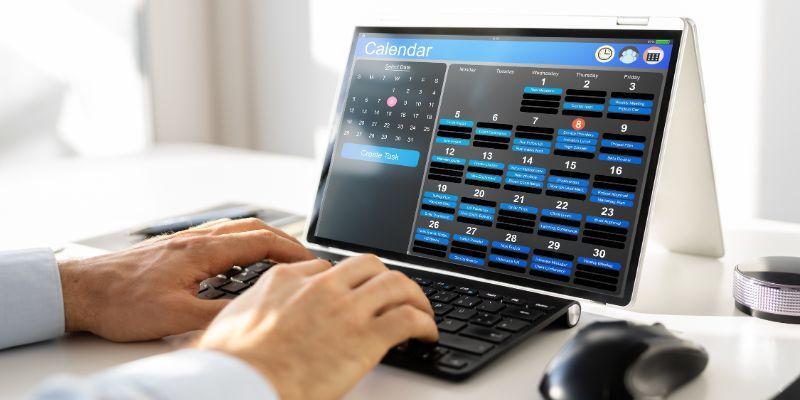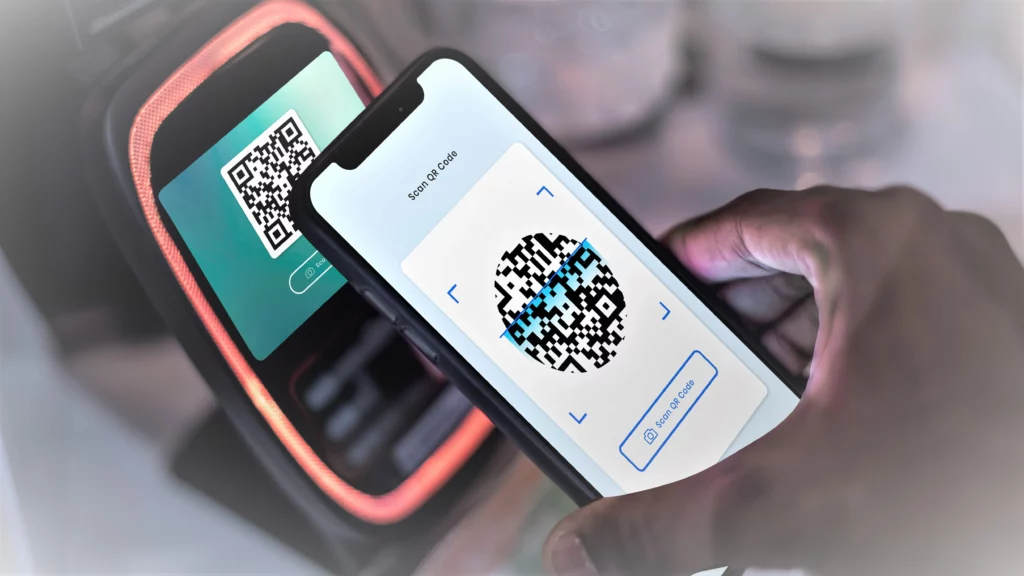In today’s fast-paced world, minimizing customer wait times is paramount. Prolonged waits can lead to frustration and dissatisfaction, potentially driving customers away.
This guide explores strategies to reduce wait times without compromising service quality. From optimizing staff allocation to advanced queuing systems, we’ll cover proven techniques for various customer-facing environments.
Clear communication during waits is also emphasized, ensuring customers stay informed and engaged.
By the end, you’ll have valuable insights to enhance efficiency, boost satisfaction, and drive business success. Join us on this journey towards exceptional service with minimized wait times.
8 Best Strategies to Reduce Customer Wait Times

Businesses must deploy systems and strategies that will reduce customer waiting times and improve customer satisfaction. The goal should be to afford each customer a frictionless and customized experience – keeping them patient and positive during the process.
Let us now look at strategies that can help you decrease customer wait times and enhance operational efficiency and customer feedback.
1. Reduce Customer Wait Times
Long waits can be decreased and made exciting simultaneously with various modern queue management strategies. Organizations opt for linear, virtual, mobile, and WhatsApp queuing systems to manage peak hours efficiently. A virtual queuing system promises:
- Reduced customer wait and service time by 50%
- Optimized staff productivity
- Increased customer satisfaction by 30%
- Central control and ease of use
- Seamless fusion with all managerial and operational components
- Frictionless customer journeys
- Measured KPIs and operational efficiency
2. Pre-Arrival Appointment Scheduling
With an appointment scheduling system deployed, customers can book their slot at their branch and time of choice. They will then receive notifications about their appointment time, arrive on time, and without the need to queue, be served swiftly.
This will prevent queues, allow staff and management to prepare in advance for the customer, and help the client plan their day better and more efficiently.
3. Self-Service Kiosks Reduces Long Queues
When customers serve themselves, they do so contactless, on their own time, on their terms, and seamlessly with Wavetec’s self-service kiosks. With a wide range of multilingual capabilities, these solutions are operable 24/7, and by extended operational hours, they reduce the likelihood of long waits or tedious queues. They are intuitive, secure, customizable, and user-friendly!
4. Optimize Staff Allocation
Optimizing staff allocation is a critical aspect of managing customer service wait times effectively. This strategy involves strategically assigning and cross-training employees based on anticipated demand patterns.
By doing so, businesses ensure that resources are deployed efficiently during peak periods, minimizing wait times and enhancing overall service efficiency. This approach leads to higher levels of customer satisfaction and improves operational performance and a more seamless customer experience.
5. Utilize Predictive Analytics
Businesses can gain invaluable insights into demand patterns by harnessing the power of customer wait time analysis through predictive analytics. This data-driven approach allows for accurate forecasting of peak periods, enabling proactive resource allocation.
Businesses can significantly reduce customer wait times by strategically managing staff schedules and service levels based on these insights. This leads to enhanced satisfaction and optimizes operational efficiency, resulting in a more seamless and gratifying customer experience.
6. Enhance Communication
Enhancing communication during customer waiting is crucial for a positive experience. Employ clear signage, digital displays, and timely updates to keep customers informed and engaged. This proactive approach manages expectations, reducing perceived wait times.
Providing informative content or entertainment options can also ease the waiting experience. By prioritizing effective communication, businesses improve customer satisfaction and create a more pleasant and memorable encounter, ultimately strengthening customer loyalty and reputation.

7. Streamline Processes
Streamlining processes is instrumental in reducing waiting time for customers. Businesses can expedite service delivery by optimizing workflows, eliminating bottlenecks, and implementing efficient procedures.
This ensures that customers experience minimal delays and receive prompt attention. A well-organized operation enhances customer satisfaction and boosts overall productivity, ultimately leading to a more prosperous and competitive business.
8. Monitor and Manage Customer Flow in Real-Time
Real-time monitoring and management of customer flow is pivotal in minimizing wait times. Businesses can dynamically allocate resources to match current demand by utilizing advanced technology and feedback systems.
This agile approach enables proactive adjustments, ensuring a smooth and efficient service experience. By staying responsive to fluctuations in customer flow, businesses can effectively address potential bottlenecks and maintain optimal operational performance, leading to higher customer satisfaction and loyalty.
Other Ways to Guarantee Happier Customers in the Queue

- Ensure that your customer’s waiting has comfortable seating and varied literature (magazines, newspapers, comics, color books)
- Set up a play area for children to occupy themselves with while their guardians are otherwise engaged – improving and simplifying the customer experience!
- Decorate your premises with on-brand and engaging artwork, colors, and lighting.
- Detail the steps you have taken to alleviate the pain of queuing on your website – for most customers, this is their first impression of what they will experience when they visit your premises.
And despite the queue, they will know that an effort has been made, which will be appreciated.
Customer Wait Times – FAQs
How Can We Reduce Waiting Time for Customers?
To diminish customer wait times, businesses can implement efficient staff allocation and comprehensive training to handle peak demand seamlessly. Predictive analytics provides valuable insights through customer wait time analysis, enabling proactive preparation for busy periods.
What Tool Is Used to Manage Customer Wait Times?
Businesses can leverage advanced queuing systems and sophisticated appointment scheduling software to manage customer wait times effectively. Real-time monitoring systems are pivotal in dynamically allocating resources and ensuring optimal service levels.
Why Is It Important to Reduce Customer Waiting Time?
Reducing customer wait times is paramount for elevating satisfaction levels, ultimately fostering loyalty and garnering positive reviews. It also mitigates customer frustration, decreasing the likelihood of them seeking alternatives.
How Do You Respond to A Customer’s Long Wait Time?
In the event of extended wait times, a sincere apology and acknowledgment of the inconvenience go a long way in assuaging customer concerns. Offering alternatives, such as self-service options or the option to reschedule, demonstrates a commitment to customer satisfaction.
How will Your Customers Feel About this?
The best and most trusted valuation of a successful customer begins and ends with the opinion of their customers. This is the difference between how they feel they have been treated and how they expected to have been treated and served. If the difference is negligible, congratulations! The goal ultimately is to enable them to:
- Feel valued.
- I look forward to personable and streamlined care.
- Be likely to visit again and more frequently.
- Suggest and recommend your products and services to people they know.
- Self-sufficient with self-service, appointments, notifications, and feedback solutions
Queues cannot be eliminated. The demand for services and products will outweigh the supply the majority of the time. But what can be managed, monitored, and maneuvered is the perceived wait times and customer experience. After all, as Richard Larson says, “Often the psychology of queuing is more important than the actual wait time.”
Conclusion
In conclusion, prioritizing the reduction of customer service wait times is essential for delivering exceptional service and maintaining a competitive edge in today’s fast-paced market. Businesses can effectively reduce wait times through strategic staff allocation, predictive analytics, and streamlined processes, enhancing overall customer satisfaction.
Leveraging advanced tools like queuing systems and real-time monitoring further optimizes resource allocation. The significance of this effort cannot be overstated—it leads to increased customer loyalty, positive word-of-mouth, and heightened operational efficiency.
Businesses build trust and strengthen their reputation by responding promptly to prolonged wait times with empathy and solutions. Ultimately, this customer-centric approach paves the way for sustained success and growth.
BOOK A FREE DEMO





